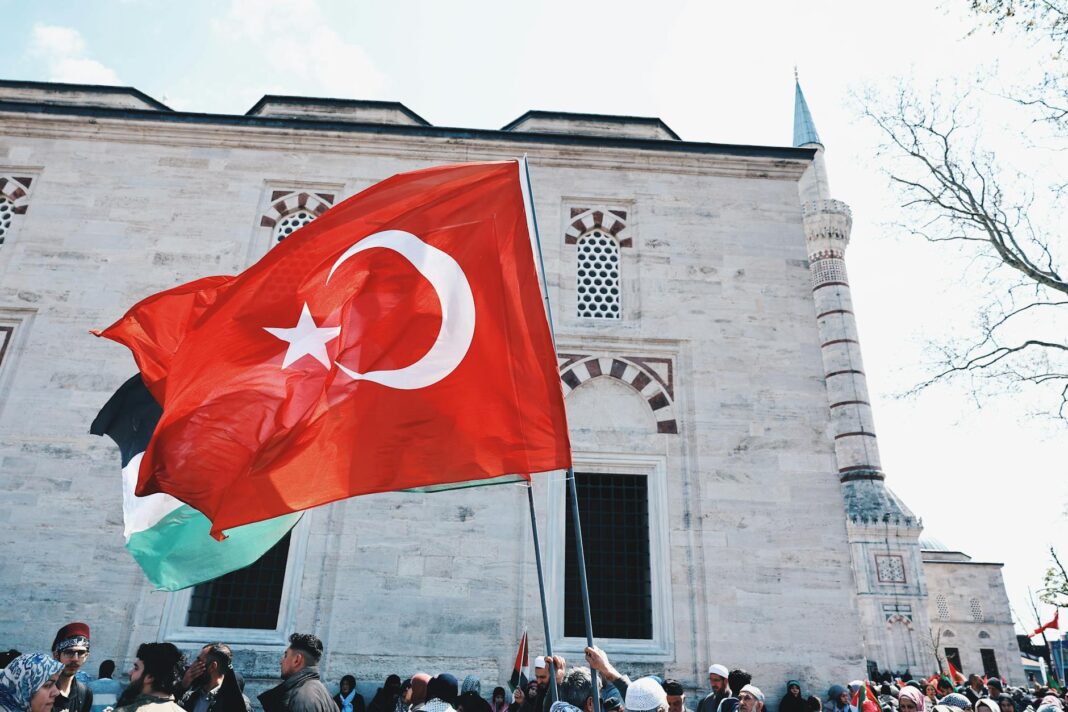Escalation in Gaza City: Israeli Airstrikes Intensify
In a striking escalation of military action, Israeli forces have ramped up airstrikes on Gaza City, demolishing at least 30 residential buildings. This aggressive campaign has forced thousands of residents to flee their homes amid growing fears for civilian safety. Local hospitals are overwhelmed with casualties, and the humanitarian situation worsens by the hour. The bombardment has left a significant number of civilians caught in the crossfire, raising serious concerns about the ethics of such military tactics.
U.S. Secretary of State’s Arrival: Timing and Implications
As the bombardment continues, U.S. Secretary of State Marco Rubio landed in the region on Sunday, aiming to navigate the complex political landscape. His visit comes at a crucial time when discussions about the future of Israeli-Palestinian relations are in flux. However, the timing raises eyebrows; many question whether diplomatic efforts can truly take root amidst the chaos and destruction. Critics argue that the U.S. has historically wavered in its approach to the conflict, often prioritizing strategic alliances over human rights.
The Human Cost of Conflict
The ramifications of this military offensive extend beyond the immediate destruction. With thousands displaced, the humanitarian crisis is deepening. Shelters are overflowing, and basic necessities such as food, water, and medical supplies are in short supply. Reports indicate that clean drinking water is becoming increasingly scarce, leading to fears of waterborne diseases spreading among the displaced populations. The international community watches closely, yet the response remains tepid, as the cycle of violence continues unabated.
Reactions from Palestinian Officials
Palestinian officials have condemned the attacks, calling them a blatant violation of human rights. The destruction of residential buildings not only displaces families but also exacerbates tensions in an already volatile region. The harsh realities of war are playing out, and with each building that crumbles, the prospects for peace seem to diminish further. Palestinian leaders have urged the global community to take a stand against what they describe as ‘collective punishment’ against civilians.
International Reactions and Future Prospects
International reactions to the situation have been mixed, with some countries voicing strong condemnation of Israel’s actions, while others have expressed support for its right to defend itself. As Rubio engages with leaders in the region, the effectiveness of U.S. diplomacy is under scrutiny. Can meaningful dialogue be established when the ground realities are so stark? The international community is urged to take a more proactive stance, but the complexities of the situation complicate any straightforward solutions.
The Role of Media Coverage
Media coverage plays a crucial role in shaping public perception of the conflict. Images and stories from Gaza City are being disseminated globally, raising awareness about the humanitarian crisis. However, the portrayal of events can also influence political agendas. Selective reporting can either amplify calls for action or further entrench divisions among nations. As the world becomes more interconnected, the responsibility of media outlets to provide balanced and accurate reporting grows ever more critical.
Long-Term Implications
The ongoing violence raises questions about the long-term implications for Israeli-Palestinian relations. History shows that military solutions often lead to cycles of retaliation and further conflict, rather than lasting peace. As the situation unfolds, the international community must grapple with the urgent need for a sustainable resolution that respects the rights and needs of both Israelis and Palestinians. The stakes are high, and the consequences of inaction could reverberate for generations to come.
Questions
What immediate actions can be taken to alleviate the humanitarian crisis in Gaza?
How will Rubio’s visit influence future U.S. policy in the region?
What are the long-term implications of the current military actions for Israeli-Palestinian relations?

